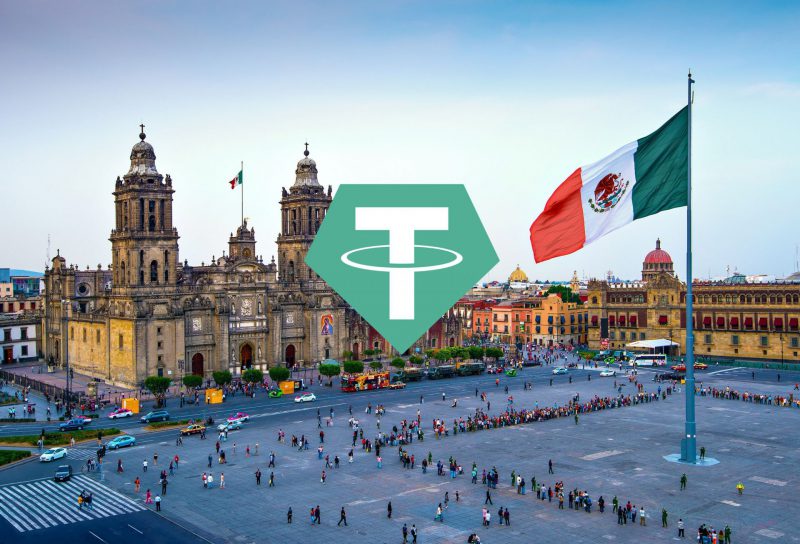Tether has forayed into the Latin American market with the launch of their new stablecoin pegged to the Mexican Peso. The stablecoin, dubbed MXN₮, will first be available on the Ethereum, Tron, and Polygon blockchains, according to Tether.
After the US dollar-pegged USDT, the Euro-pegged EURT, and the offshore Chinese Yuan-pegged CNHT, this is Tether’s fourth fiat-pegged stablecoin.
According to research from Triple A, a cryptocurrency payments provider, 40% of Mexican businesses are interested in adopting blockchain and cryptocurrencies in some form, making Mexico an ideal place for the next Latin American crypto powerhouse.
The multibillion-dollar flow of remittances into Mexico, as well as the challenges associated with money transfers, has provided a lucrative potential for stablecoin development and use. The launch of MXN₮ puts dollars on the blockchains and gives a speedier, less expensive option for asset transactions.
Paolo Ardoino, CTO of Tether, said
“We have seen a rise in cryptocurrency usage in Latin America over the last year that has made it apparent that we need to expand our offerings. Introducing a Peso-pegged stablecoin will provide a store of value for those in the emerging markets and in particular Mexico. MXN₮ can minimize volatility for those looking to convert their assets and investments from fiat to digital currencies. Tether customers in this entirely new market will be able to benefit from the same transparent customer experience.”
MXNT will serve as a proving ground for onboarding new users in Latin America, according to Tether, and will open the way for future fiat-pegged stablecoins in the region.
Tether’s USDT stablecoin remains its most popular offering, albeit it did face some panic over the recent debacle regarding Terra’s UST stablecoin failure. According to The Block’s Data Dashboard, USDT is still the world’s largest stablecoin, with a total supply of over 77 billion.





